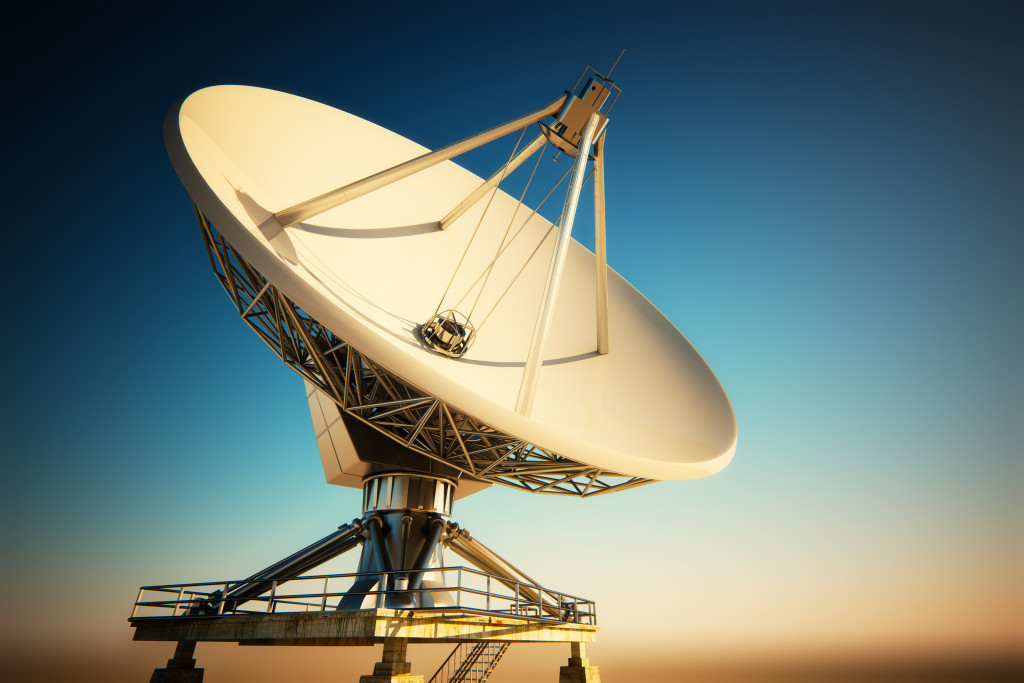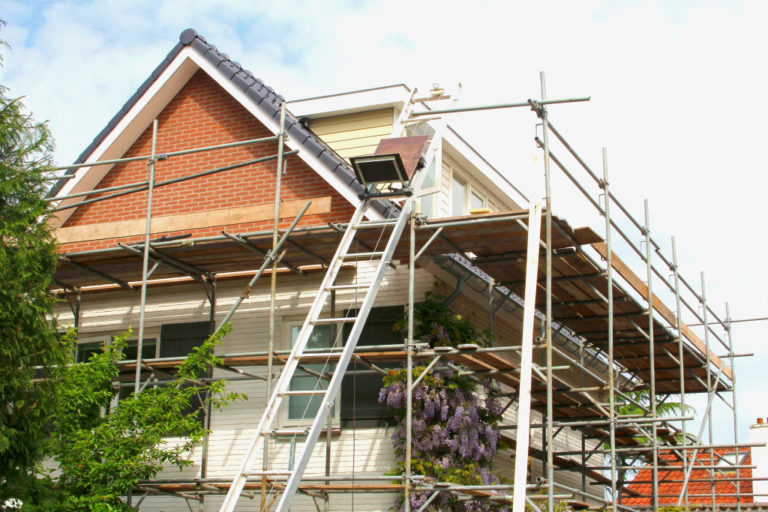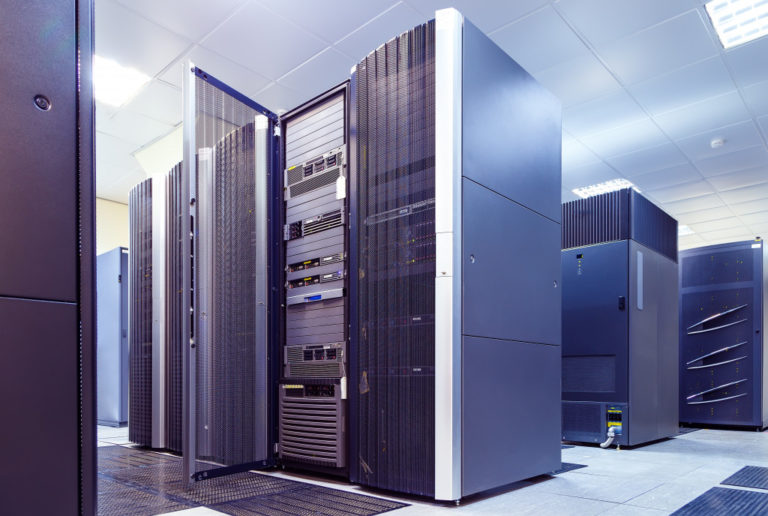Regardless of where you call home, three of the biggest industries probably at the forefront of everything else are healthcare, transportation, and hospitality. Thus, it is in these areas where technology continues to play a vital role. Let us see how.
Health Care: Convenience, Accessibility, and Efficiency
In times of the Covid-19 global pandemic, few things are more important than personal safety and public health. Even if several pharmaceutical companies in many countries have already started rolling out all kinds of vaccines, the risks are still there. As such, it is the responsibility of our governments as well as our own to put in place and follow adequate measures to prevent the further spread of the virus. Perhaps the most important ones are proper practices of personal hygiene and isolation.
Luckily, we live in a world where technology is in a constant state of development and solutions are being brought forth almost daily. One of them has to do with emergency medical services (EMS). Today, public entities such as police and fire departments are working together with high-tech enterprises in the private sector on a mobile integrated healthcare approach to the implementation of community paramedicine. Not only does this system provide appropriate care to 911 callers who do not have an emergency but do have real health needs but it also allows for more efficient handling of dispatches and support.
Others include cooperative telemedicine systems, electronic health records, and a wide range of monitors and smartphone applications to measure sugar levels in the body, water content, sleeping patterns, weight, and everything in between.
Transportation: Punctuality, Reliability, and Sustainability
Among many other things, well-developed Japanese metropolises like Tokyo, Yokohama, and Osaka are famous for their transportation systems. This includes taxis, trains, subways, and buses. Aside from being clean, comfortable, and modern, they are incredibly punctual. In case you are wondering what this means, for the Japanese, punctuality is a matter of seconds. If a subway on the Ginza, Tozai, or Yurakucho lines is scheduled to arrive at 9:07 in the morning, in the vast majority of cases, it will do so at exactly that time and not a second after or before.
Of course, no system is perfect, and accidents and natural disasters happen. In a nation like Japan, for instance, experts claim there is an earthquake almost every day, albeit not a very big one. Still, what the Japanese model shows us is that highly-populated urban areas can indeed have and run mass transportation networks in a methodical, systematic, and well-structured way.
There are two main reasons why this is possible. The first one is culture. Being on time is something that is engrained in Japanese citizens almost from birth. As such, it is a matter of empathy and respect. The second is technology, namely an interconnected, collaborative process that brings together public transportation stations, traffic control systems, pedestrian and commuter density analyses, and sustainable practices that take into account the surrounding ecosystems and the environmental impact of transport as a whole.

Food and Hospitality: Variety, Safety, and Information Sharing
In the past few months, many countries across the globe have begun to open up their doors to both domestic and international tourists. There are several reasons for this.
First, as we mentioned before, a long list of pharmaceutical companies have already finalized the development of Covid-19 vaccines. Second, a lot of nations depend on tourism as a source of national income. Whether it is entirely safe or not, sadly many economies cannot afford not to have people visit them. Finally, people need to go out. They need to breathe fresh air, stand under the warmth of the sun, and reminisce on what it was like before the pandemic.
As a result, the issue is not about preventing people from traveling but rather putting in place mechanisms that allow this to happen in a safe, affordable way. Once again, almost a quarter into the 21st century, the key to finding solutions lies in the proper use of technology.
For example, restaurants, hotels, hostels, diners, and many other businesses in the food and hospitality industries are now offering remote booking options, contactless check-in capabilities, personalized services, and many others. Not only that, but they are also taking advantage of social media to engage with potential and existing customers in marketing their products and services.
As we have seen, technology has an enormous impact on personal health care, transportation, and hospitality. From efficient emergency management to reliable public transportation systems and safety when traveling and eating, both the government and private enterprises continue to push the envelope to provide citizens like you and me with the best possible experiences in the most important areas of our lives.

















